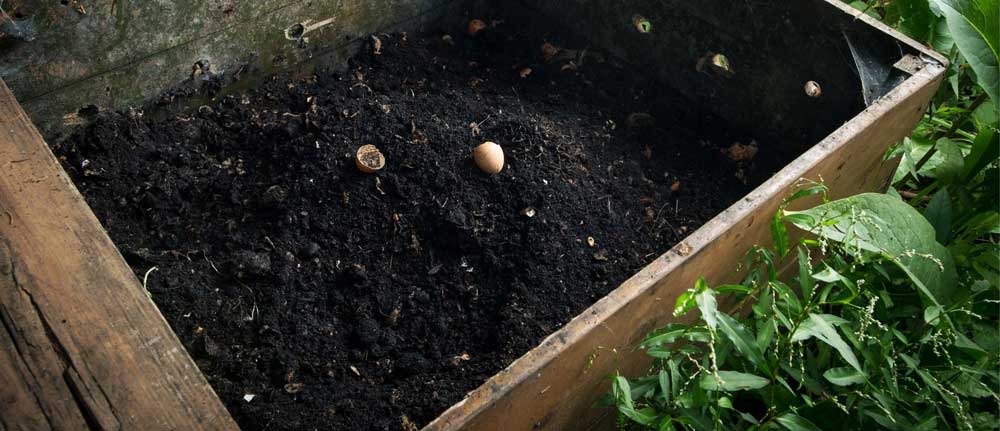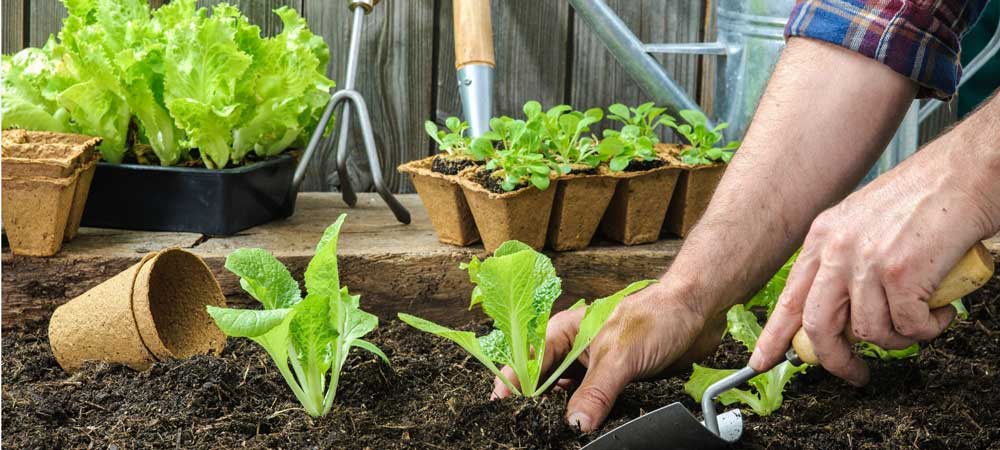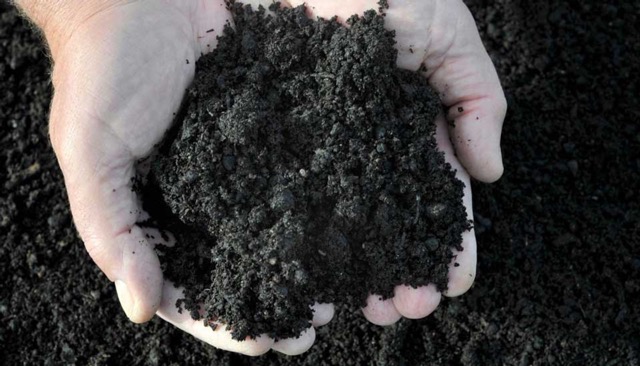How To: Use Chicken Manure in the Garden
How to use Chicken manure in the garden
There is no mistaking the strong, instense fragrance of chicken poo. You are sure to be well informed of when your neighbour is fertilising their gardens, with the pong filling your nasal passages as soon as they apply it in their yard.
Yet despite the intense smell, we continue to use chicken manure as fertiliser. Why? Put simply, it is one of the best types of organic manure-based fertilisers to use. Many gardeners call chicken manure "black gold".
Chicken manure fertiliser has a balance of natural nutrients, including potassium, phosphorus and nitrogen. Manure compost is a fabulous source of nutrients for fruit trees, vegetable gardens and even your lawn. What's even better is, if you have chickens it costs you nothing. However, there is a catch.
Fresh chicken manure is exceptionally potent. Used in a raw state as a garden fertiliser it can easily kill your plants.
To avoid harming your plants you need to allow chicken manure to cure. Here's how to use chicken manure in the garden as a safe and powerful plant and soil booster.
How to Turn Chicken Manure into Garden Fertilizer
- You will need two bins.
Construct two bins using hardwood. They should be about 1-metre x 1-metre square and 60cm-80cm in height. You can also use compost bins from the hardware.
- Collect the manure
Remember you should use a mask and gloves when collecting chicken manure. Chicken manure contains a variety of fungi and bacteria which can cause harmful effects to humans. Treat it as you would any other type of organic soil and always wear a protective mask.
Collecting the chicken manure will be a lot easier if you have a dropping board! If you don't have dropping trays, use a fine tine pitch fork to sift through bedding and shavings to collect the manure. But the best and easiest way is to remove all of the bedding from the coop and replace with fresh litter.
When composting mature, it is important to have a mixture of brown and green materials. The manure is the green material, because it is high in nitrogen. Brown materials are anything high in carbon, so used litter or bedding, cardboard, newspaper, dried leaves, straw etc.
The combination of the two when composting helps to safely break down the manure and bedding as well as kill any pathogens present.
- Get the ratio right
As manure is high in nitrogen, you should mix 1 part manure (green material) with 2 parts bedding (brown material).
- Make Hot compost
By layering the pile manure, straw, manure etc, it creates heat in the centre (used bedding usually doesn't need layering because the manure is already mixed through). This heat is very important as it kills off bacteria present. As you are making the pile, ensure it is suitably damp - it should feel wet to touch but not so wet that water runs off when you pick it up.
Using a thermometer, check the temperature of the centre of the pile every day. If you have the right ratio of green and brown materials, and the pile is moist enough, after a few days it will increase to 140-155 degrees. When it reaches this point, turn the compost (once again using a mask) and bring the outside materials into the centre and the inner materials to the outside. Repeat this process for a few weeks until the compost is nice and dry, then compost is ready to cure.
- Cure the compost
Move the compost to the curing bin. Curing takes between 50 - 60 days before the compost can be used in the garden. Basically curing is to allow the compost to decompose to a point where it becomes crumbly and dark in colour. You will know it is cured fully when it smells less like fresh manure and more like soil. At this point is ready to use safely in your garden as a nitrogen- and calcium-rich garden fertilizer.

How to add Chicken Manure Compost to the Garden
Now your compost is ready to use. To get the best results, follow these simple steps.
- Spread evenly across the garden
- Use a garden pitch fork to mix the chicken compost through the garden soil
- Do not put too close to the stem (base) of the plant
- Water the toiled soil and manure down thoroughly
- Cover with garden with a good thick layer of mulch
Repurposing chicken manure in this way is so much better than putting it out with the garbage. It's a classic 101 Sustainable lifestyle choice that's better for your garden and the environment. Also, keeping your chicken coop cleaner is a great coop management strategy to help reduce rodent and insect issues.

Happy chicken keeping!
Rachael at Dine a Chook






